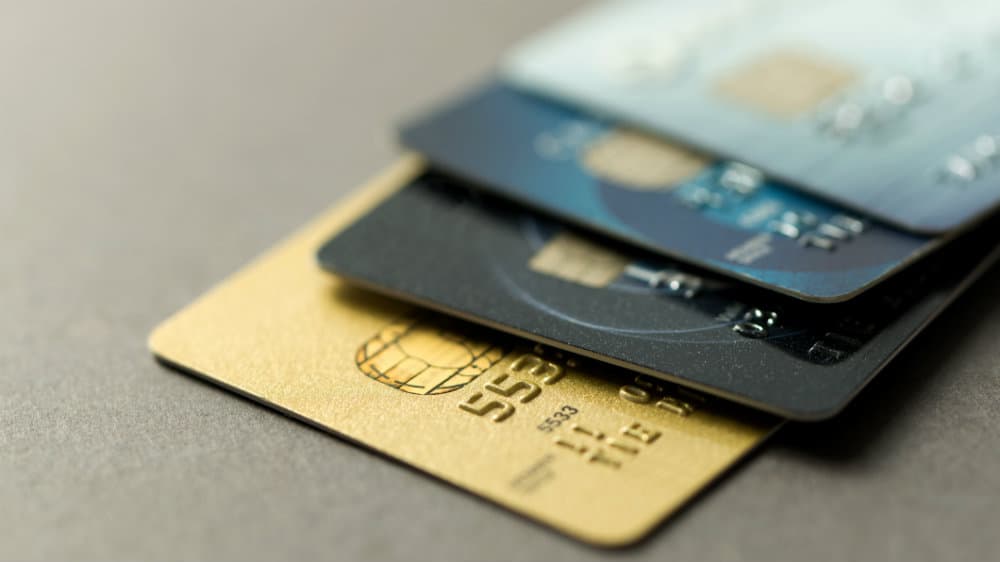New research by credit card provider Vanquis shows the hospitality sector is starting to recover. Spending is up just under 20% for anything travel-related, while restaurants have seen numbers go up by 11%.
“It’s great to see optimism slowly returning and people taking the opportunity to enjoy the things they’ve missed out on over the past year”, says Thomas Allder, Customer Director at Vanquis. But as we get back to normal, it’s important to keep some things in mind to make sure we don’t end up overcharging our credit cards.
1.Re-evaluate your budget
With things closed for so long, chances are your spending naturally went down. Now that it’s possible to socialise, get a haircut or go back to the gym, you’ll suddenly have a lot of new expenses creeping back into the budget. Before you get too excited about it, take a look at your budget. Make sure all your credit cards and other debts will still be covered. Then see how much money is left for the fun days out.
2.Make those debts a priority
This is especially important if you accrued additional debt during the lockdown. Vanquis recommends trying to pay off some of your higher-interest debts before you start spending freely again. You’ll feel more at ease and won’t accumulate a lot of interest or risk late fees.
If you have considerable debt, you’ll need a more detailed plan to get out of it. Prioritise high-interest debt to start. Anything that could put you out on the streets (bailiff actions, rent arrears, tax debts) should be paid first.
3.See what you can give up
Did you acquire some new spending habits during the lockdown? Maybe you were spending more on music and TV subscriptions as a replacement for going out. Vanquis suggests having a think about what you’re likely to use the most in future and culling the ones you don’t use as much. Don’t forget “hidden” subscriptions as well, such as those fitness apps you thought you’d use (but didn’t) or more music apps that you’ll ever need.
4.Find ways to reduce your everyday expenses
Take a look at your spending pre-lockdown. Were you buying coffee every day? How about going out to lunch regularly instead of bringing meals to work? Was shopping something you did for fun even though you didn’t need anything?
While these might have been usual expenses before, look into ways to cut down on them and save your money instead. You can also find cheaper ways to do the things you love. For example, if you like eating out, meet friends for lunch or tea and cake instead of dinner.
5.Take a closer look at your credit score
Spending more than you can afford could potentially ruin your credit score. To better understand your current financial position, check your credit report. If numbers don’t look great, there are things you can do to improve your credit score, including applying for a credit-building card and correcting any errors you might notice in your report.







